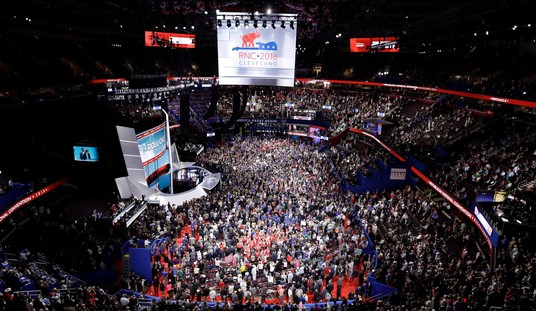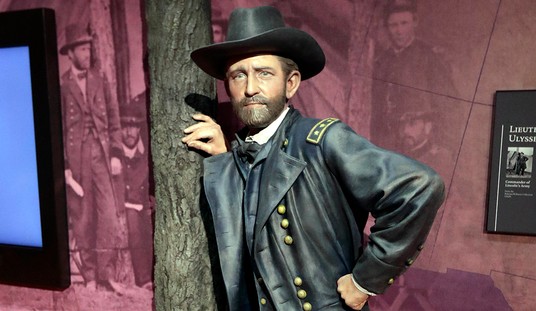Harvard lost the Asian American challenge to affirmative action in a 6-3 SCOTUS decision. “The Supreme Court … struck down race-conscious admissions policies for most colleges and universities across the country in a pair of cases challenging affirmative action at Harvard and the University of North Carolina… In his opinion, Chief Justice Roberts said giving Black and Latino applicants an edge over white and Asian applicants in the name of diversity violated the equal protection clause of the Constitution’s 14th Amendment.” Who’s in each of these categories might seem plain enough, but at the heart of the problem of apportioning scarce resources — like admission to Harvard — by race is the surprising problem of racial membership. The identity problem was anticipated by Eugene Volokh back in 1998 in an article for the UCLA Law School.
Asians are now white…
I first noticed this effect 10 years ago, at a party where a friend of mine commented that the guests were all white. I responded by mentioning about a dozen Asians; oh, she said, that’s right, but you know what I mean. At a recent UCLA conference I attended, two speakers complained that everyone on the panel was white, without even realizing that one of the speakers was ethnically Chinese, and another was an Asian Indian with skin darker than that of many American blacks.
Racial categories ought to be genetic, but in actual practice they have become a function of something else. In the last two decades, Volokh’s observation of an ongoing racial shift has been confirmed so steadily that it is now a trope. In an exchange over the impact of Second Amendment rights, CNN anchor Don Lemon told presidential hopeful Vivek Ramaswamy (emphasis mine) that he was sitting in the white man’s chair:
“The fact that I find insulting,” Lemon said, “is that you are sitting here telling an African American about the rights and what you find insulting about the way I live, the skin I live in every day, and I know the freedoms that Black and white — that Black people don’t have in this country and that Black people do have.”
Ramaswamy then said he thought ideally they should be having the conversation without regard to their ethnicity or color of their skin.
“I’m not saying you shouldn’t express your views,” Lemon said. “But that you’re sitting here, whatever ethnicity you are, splaining to me what it’s like to be Black in America. I’m sorry.”
The question hung in the air even after he answered Lemon. “Whatever ethnicity I am? I’ll tell you what ethnicity I am, I’m an Indian American,” Ramaswamy said. Ramaswamy’s name and features should have left no doubt his forebears were from the subcontinent, but that’s probably not what Lemon meant. The statement translates to: how dare a person as privileged in life as you question someone who is. Lemon’s interrogative does not, as some might think, refer to race; it refers to advantage.
Slowly but surely terms like “black” or “white,” though once genetic adjectives, became a proxy indicator for characteristics associated with success in the modern world. Ethnicity seemed to predict, albeit imperfectly and partially, potential in the 21st century. For most of the 20th century many assumed race was a proxy measure for money, which was in turn a proxy for competitiveness. That’s why media personality Joy Reid explained Harvard not in terms of biology but lucre. She contrasted her attendance there as someone black, with established scions. “They got in because their daddy and their grandaddy went there. I went to school with someone whose name was on one of the buildings, people who are third- and fourth-generation legacies, whose parents pumped money into Harvard to get them in.”
The Asians at Volokh’s party became “white” in 1998 because through historical accident, cultural advantage or other circumstance they acquired the attributes to move them from one racial category into another. Once the hypothesis that race isn’t race but wealth is understood then Justice Ketanji Brown Jackson’s dissenting opinion makes perfect sense. Since it is money that makes us unequal in skill and preparation, distributing money will make us equal. She writes, “the only way out of this morass—for all of us—is to stare at racial disparity unblinkingly, and then do what evidence and experts tell us is required to level the playing field and march forward together, collectively striving to achieve true equality for all Americans.”
Under this theory equality becomes something that can be mostly purchased by government. The fact that some ethnicities can do it without infusions is entirely irrelevant if not everyone can. Ignore the lucky; help the unlucky. If you want race (aka inequality) to go away as a matter of public policy, shell out the money. As Brown put it, “if the colleges of this country are required to ignore a thing that matters, it will not just go away. It will take longer for racism to leave us. And, ultimately, ignoring race just makes it matter more.”
But what if Asians became white for other reasons beside saving up money and getting stealth affirmative action? Then the whole theory collapses. The unspoken fear attending the rise first of Japan in the 1980s and now China is that northeast Asia is becoming whiter than Europe and north America. The trend is relentless. Asia’s economic growth will outpace the U.S. and Europe this year, according to Morgan Stanley. China has already attained shipbuilding supremacy. “This month that US Navy Secretary Carlos Del Toro said the US cannot match China in terms of fleet numbers .. Del Toro said that China has 13 naval shipyards, with one of these facilities having more capacity than all seven US naval shipyards combined. He also highlighted problems in finding skilled labor for US naval shipbuilding programs.” No one living in 2023 could have missed the fact that Moscow is now the junior partner of Beijing.
Maybe the measure isn’t whiteness but competitiveness. Taken in this 21st century context the heated exchange between Don Lemon and Vivek Ramaswamy sounds anachronistic, like someone complaining there are people standing in the way of his career as a film projectionist — in the age of digital video. It’s one of those things about which physicist Wolfgang Pauli spoke: it’s not even wrong.








